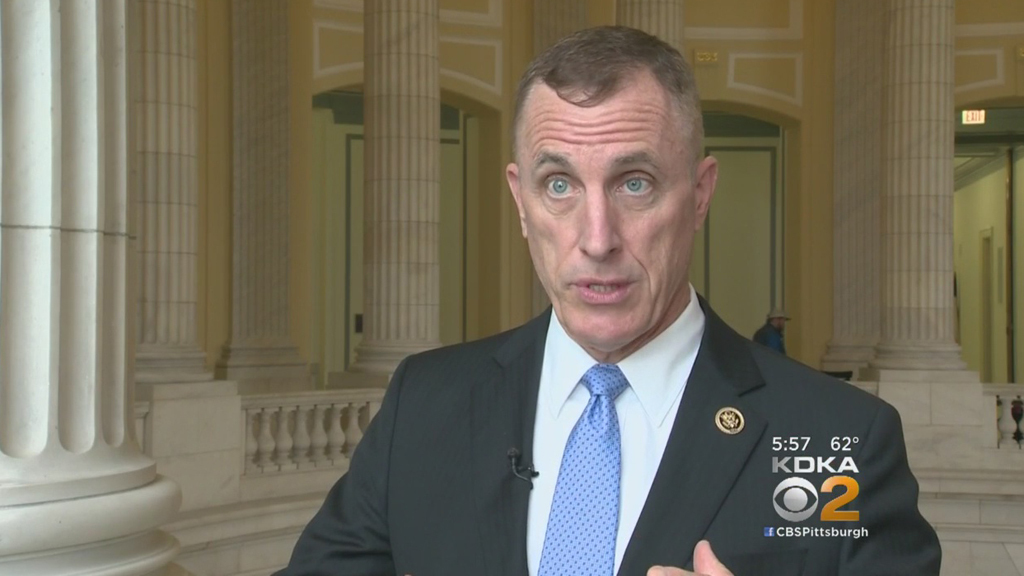
(3-17-17) My Monday blog, which questioned why Rep. Tim Murphy voted along party lines in support of replacing Obamacare with the Republicans health bill, didn’t sit well with the Pennsylvania Republican. Every major mental health group is opposed to the Republican plan because it will end Obamacare’s Medicaid expansion, which covers 1.2 million Americans with serious mental illness and substance abuse problems, as well as, scrap baseline coverage requirements. I am printing Rep. Murphy’s response to the criticism that he has received. It was first posted in The Hill newspaper on Thursday and also sent to me. Early today, the Hill published a response to Rep. Murphy’s. Tim Murphy – Republican Health Bill Fails People With Mental Illness was written by Dr. Richard G. Frank, PhD, the Margaret T. Morris Professor of Health Economics in the Department of Health Care Policy at Harvard Medical School. Here are the pro and con.)
Transforming Mental Health & Addiction Treatment: We’ve Only Just Begun
By Rep. Tim Murphy
As Congress delivers on the promise of delivering relief from the collapsing Affordable Care Act (ACA), we must be forward thinking and avoid re-purposing yesterday’s failed policies to solve today’s problems. In particular, we must include better strategies to advance mental health and addiction treatment.
While promising mental health and addiction insurance coverage, the ACA did little to provide real medical models of treatment for those suffering with mental illness and addiction. The evidence is staggering: skyrocketing rates of suicide and drug overdose deaths are now at all-time highs. Sadly, only lip service was paid to behavioral health by the previous administration’s whose agenda furthered the familiar pattern of limiting access to treatment, casting millions to the shadows of our healthcare system and dragging their feet on the implementation of mental health laws.
In a calculated move to save money in the Medicare program, the Obama administration attempted to strip the protected drug class status for life-saving psychiatric medications.
Following outrage from advocates and an explosive exchange I had with former CMS Deputy Administrator Jonathan Blum at an Energy & Commerce hearing, the cruel effort was abandoned. But the point was clear: mental illness remains a disease considered less important than physical disease.







